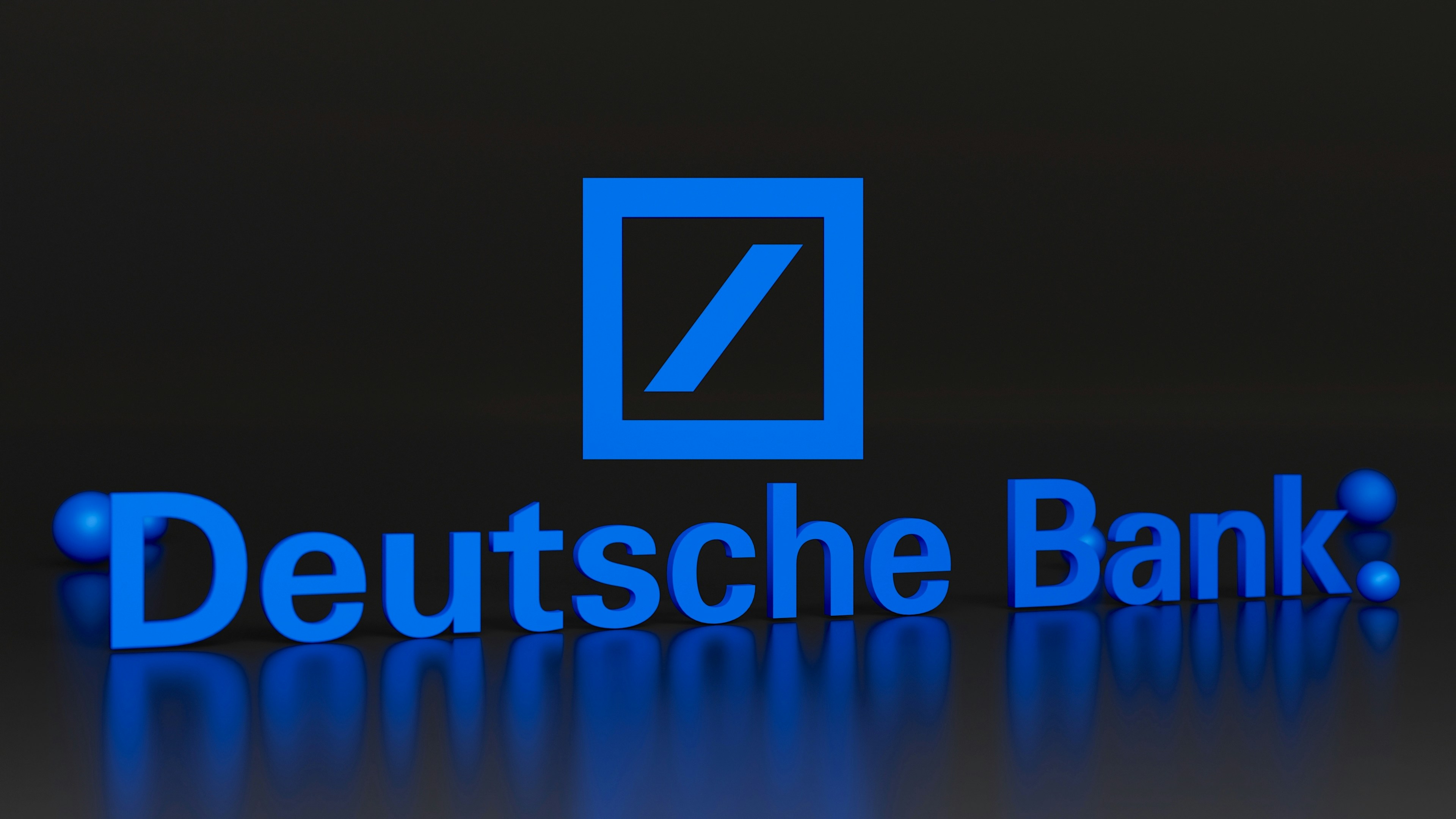Deutsche Bank Faces Uphill Battle To Become Germanys Banking Consolidator

Deutsche Bank, once seen as a cornerstone of the global banking sector, is now facing significant challenges in regaining its former stature. As the German banking industry grapples with fragmentation and increasing competition, many experts believe consolidation is the key to strengthening the sector. However, despite Deutsche Bank’s ambition to play a leading role in this consolidation, the reality is that the bank is still a long way off from being in a position to take on such a monumental task. The road to becoming Germany’s banking consolidator is fraught with obstacles, and attempting to acquire Commerzbank, especially with UniCredit in the fray, could prove a costly distraction.
The State of Deutsche Bank
In recent years, Deutsche Bank has undergone a series of restructuring efforts aimed at cutting costs, improving profitability, and restoring investor confidence. These measures include downsizing operations, reducing its global footprint, and focusing on core business areas. Despite these initiatives, Deutsche Bank still faces several internal challenges that prevent it from taking bold steps toward consolidation.
The bank’s financial health, while improving, remains fragile. Although it has returned to profitability after years of losses, its performance metrics lag behind some of its European and global competitors. Deutsche Bank continues to deal with high compliance costs, legacy issues, and the impact of previous scandals that have tarnished its reputation. These ongoing struggles make it difficult for Deutsche Bank to position itself as a consolidator in the fragmented German banking market.
The German Banking Sector and Need for Consolidation
Germany’s banking sector is highly fragmented, with a large number of small and mid-sized institutions competing in a relatively crowded market. This structure has led to inefficiencies, low profitability, and heightened competition, particularly among retail and regional banks. Industry experts argue that consolidation is necessary to create stronger, more competitive institutions capable of withstanding the pressures of a globalized financial landscape.
Consolidation could provide several benefits for major players in the German banking sector. A merger between two large banks could reduce competition, create synergies, and increase market share, leading to improved profitability. For Deutsche Bank, leading such a consolidation effort could solidify its position as the dominant force in German banking. However, the current landscape suggests that Deutsche Bank is not yet in a position to take on this role.
UniCredit's Interest in Commerzbank
UniCredit, one of Italy’s largest banks, has recently expressed interest in acquiring Commerzbank, one of Deutsche Bank’s closest domestic competitors. This potential acquisition is part of UniCredit’s broader strategy to expand its presence in the German market, which is considered one of Europe’s most important economies.
Commerzbank is an appealing target due to its solid customer base, extensive retail network, and recent efforts to improve its financial health. While Commerzbank has faced its own challenges, including profitability issues, it remains an attractive acquisition for institutions looking to gain a foothold in Germany’s banking sector.
Deutsche Bank, on the other hand, would struggle to match UniCredit’s readiness to pursue such an acquisition. While both banks are interested in growing their market share, Deutsche Bank’s current focus on internal restructuring makes it less prepared to engage in a high-stakes bidding war for Commerzbank.
Why Deutsche Bank Cannot Afford the Distraction
At this point in its recovery, Deutsche Bank must prioritize stabilizing its own operations before considering any major mergers or acquisitions. The bank’s leadership has been working diligently to resolve internal issues, improve profitability, and enhance risk management practices. Diverting resources to pursue Commerzbank could undermine these efforts and lead to further setbacks.
The risks of such a pursuit are significant. Acquiring Commerzbank would require significant capital, managerial attention, and integration efforts, all of which could overstretch Deutsche Bank’s resources. Moreover, the integration of two large institutions would present operational and cultural challenges that Deutsche Bank is ill-equipped to handle at this stage in its recovery.
In the long term, Deutsche Bank needs to focus on its strategic goals, which include solidifying its international presence, improving its risk management framework, and boosting profitability. Getting sidetracked by a high-risk acquisition could derail its progress and leave it vulnerable to further setbacks.
Conclusion
Deutsche Bank remains far from ready to lead Germany’s banking consolidation efforts. While the potential acquisition of Commerzbank might seem like a strategic move, it is a risk the bank cannot afford at this stage of its recovery. The internal challenges Deutsche Bank faces, coupled with the high stakes involved in a potential bidding war with UniCredit, make it clear that Deutsche should focus on stability before pursuing large-scale mergers or acquisitions.
As the German banking sector continues to grapple with fragmentation and competition, consolidation will likely be necessary for long-term growth. However, Deutsche Bank’s role in that process will depend on its ability to overcome its internal hurdles and emerge as a stronger, more stable institution. Until then, leading the consolidation charge will remain out of reach for Germany’s largest bank.
Author: Ricardo Goulart
Stablecoin The Future Of Currency?
The payments system is undergoing a quiet but consequential shift. What was once the exclusive preserve of central banks... Read more
BoE Loosens Capital Rules
The Bank of England has taken a significant step towards easing post-crisis regulation by lowering its estimate of the c... Read more
Monzo Looks For US Banking License
Monzo is preparing a renewed push to secure a US banking licence, four years after abandoning its first attempt when tal... Read more
Crypto Firms Push Into US Banking
America’s cryptocurrency companies are scrambling to secure a foothold in the country’s traditional banking system, ... Read more
Parallel Banking: Stablecoins Are Now Global
Parallel Banking: How Stablecoins Are Building a New Global Payments SystemStablecoins—digital currencies pegged to tr... Read more
JPMorgan Deploys AI Chatbot To Revolutionize Research And Productivity
JPMorgan has deployed an AI-based research analyst chatbot to enhance productivity among its workforce, with approximate... Read more

